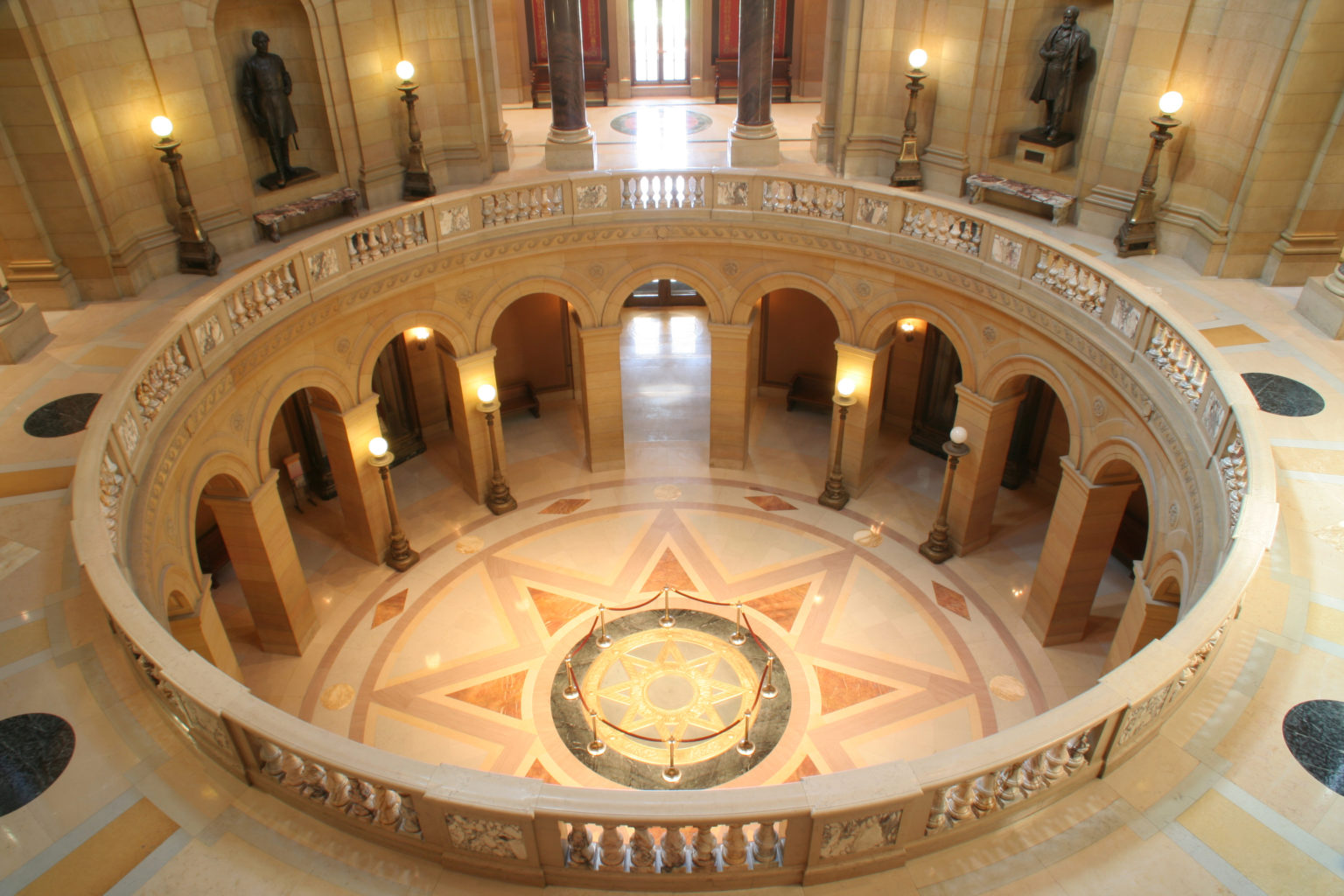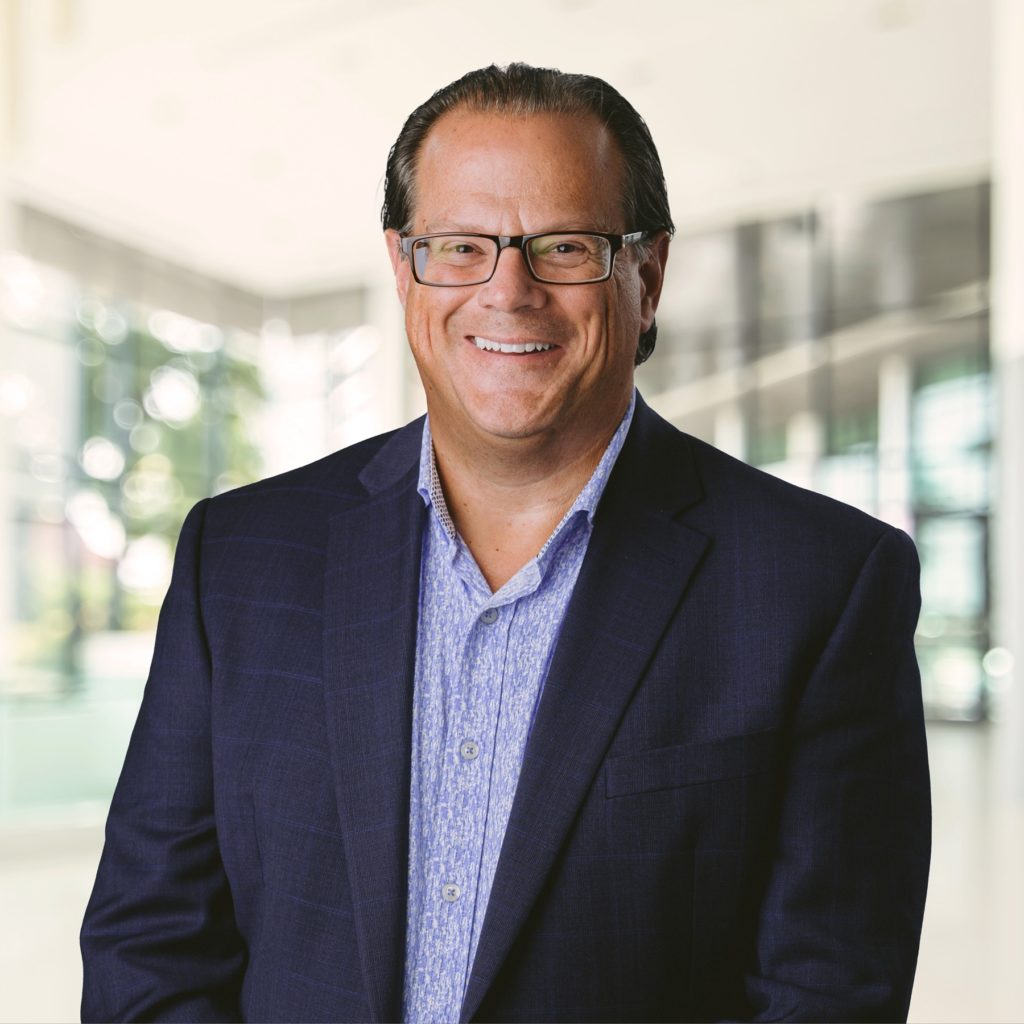Chairman

The Minnesota Legislature and the huge, eye-popping, unimaginable, fantastic state budget surplus
Two things are indisputable about Minnesota politics in the past half century: First, we like to elect quirky politicians when they offer themselves to the public. And second, we love divided state government, as much as we might not admit it.
Until the late 1970s, the state’s top politicians were invariably men and invariably earnest. Every great once in a while, a politician with charisma might be permitted (e.g., Floyd B. Olson, Harold Stassen, Hubert Humphrey, Wendy Anderson), but almost as a reminder that the state’s ranks were otherwise filled with sober, right-minded people. But then, as American society relaxed its conventional norms, Minnesotans began to loosen up a bit too. When presented with off-beat candidates, the voters preferred them: The two Rudys in the ‘80s (DFL Gov. Perpich and Republican U.S. Sen. Boschwitz); Paul Wellstone in the ‘90s; Jesse Ventura, the ultimate send-up of the political class; Al Franken; and, in his own quiet way, Mark Dayton.
But even more than hankering for unconventional politicians, it’s clear that Minnesotans like to split their ballots.
By coincidence or subconscious intention of the state’s voters (if there is such a thing), Minnesota has enjoyed divided government for most of the past 30 years.
- GOP Gov. Arne Carlson spent all eight of his years dealing with DFL-controlled Legislatures.
- Independent Gov. Ventura served four years with a DFL-controlled Senate and GOP House.
- Republican Gov. Tim Pawlenty faced a split-control Legislature in his first term and DFL-dominated Legislature in his second.
- Only DFL Gov. Dayton enjoyed a Legislature of his own party, and that was only for two of his eight years in office.
- And Tim Walz has faced off against a Republican-controlled Senate for his entire term as governor.
This much is clear: Minnesotans distrust giving total control of state government to one political party.
The result, of course, is constant wrangling over policy and politics. During sessions of the Legislature, this means sharp disagreements, lots of (not very) special sessions to pass a biennial budget, occasional partial government shutdowns, and the tendency for incremental rather than radical policy and spending changes.
People in polite society, of course, deplore this state of affairs. They proclaim their distaste for the state’s politicians “not setting aside their differences,” “not finishing their work on time” and generally “not getting things done.” But these right-thinkers are ignoring the mind of the public, which kind of likes state government working slowly, maybe not even working for brief periods, but rarely off the deep end. Maybe voters like the political fireworks as a sort of cheap public entertainment. We tolerate big and increasing government, only without a large growth spurt. So, at election time, we are used to indulging in the guilty pleasure of collectively splitting our ballots.
2022 elections in a divided government with redistricting mixed in
And here we are now in an election year! And it’s not just a run-of-the-mill election year, but a redistricting election year with all of the state constitutional offices up for election too. More frequent than Haley’s Comet, but still pretty rare (it happens every 20 years). Now mix in the worst racial, social and political divisions in America since the 1960s, worst-in-two-generations high inflation, high rates of violent crime, the toxicity of social media, and a slow economic and mental health crawl out from underneath a pandemic. This is going to be a memorable election year all right.
But wait – there’s some good news to crack the gloom.
Governor Tim Walz and most Minnesota legislators have been breathing enormous sighs of relief over the past six months as the forecast for the state government’s current biennial budget was projected to be in a surplus last fall as revenue projections were exceeding expectations. When a projected surplus of $7.7 billion was announced in December 2021, it was like manna from heaven for incumbents. Even more incredible was the updated budget news at the end of February of a gargantuan $9.25 billion surplus.
Now, public officials do not want to be running for re-election when they might appear at fault for mismanaging government. This instinct for self-preservation becomes especially heightened when the election year is fraught with all sorts of problems outside of the politicians’ control and even competence to solve (see above) and the electorate is in a bad mood. Therefore, a budget surplus, even if it means that the state is collecting too much from taxpayers, is a godsend for politicians in charge.
But remember that we Minnesotans like divided in government. And right now, both parties are partially in charge of state government policymaking.
What to do with the historic budget surplus
So, what does this mean for the present?
Many Minnesotans might conclude that their government’s surplus of money is a good problem to have. With excess revenues, there’s no political combat over how to solve a budget deficit: Do we cut spending and government programs? Or do we raise taxes? Maybe the decision-makers will strike a middle course: cut some taxes and spend a little more on the most pressing needs (or politically attractive purposes). That seems reasonable.
But more money means more choices. And more choices can quickly lead to indecision – even to the point of paralysis – especially under the divided government to which we are addicted.
Notwithstanding the wide ideological gulf on so many issues between the DFL-majority House and GOP-majority Senate, there appear to be general agreement in the Legislature this year to do something on many issues: the housing crisis, mental health, tax relief and more. But a by-product of years of split partisan control of the legislative process has made it easy to do nothing and “wait till next session,” even if a given problem only worsens. For example, it used to be unthinkable that a governor and Legislature would not pass a state budget by the beginning of a new biennium on July 1, even if it involved brinksmanship in a special session late in June. Nowadays, the idea of forcing a (partial) government shutdown as a negotiating threat has become, if not yet routine, at least thinkable.
Similarly, we must consider the possibility that the current Legislature will decide very little despite the fact that state government is wallowing in a historically large budget surplus. Walz, the House and Senate are all up for election and all have different political priorities for how that extra money should be spent. But are there any political consequences if they end the session without any or many accomplishments?
For Walz, if the Legislature can’t decide, he at least sits on a cushion of money – a desideratum for incumbent governors seeking re-election since the Perpich days. And he still gets credit for offering his own brand of “Jesse check” refunds to some taxpayers. And governors don’t mind bashing “do-nothing” legislatures, even if their own party controls one of the chambers. If re-elected, Walz will have even more political flexibility in a new term to shape the use of an unspent surplus.
For legislators, an unspent/unreturned surplus is not necessarily a bad thing either. At least, it shows that they didn’t botch their most basic job of balancing the state budget at the beginning of the biennium. But their constituents have more to grouse about: High tax burdens not diminished or some acute need not addressed by new spending. Yet, there’s a ready excuse at hand for legislators’ inaction: The other party and the other body of the Legislature are the unreasonable ones. Minnesotans have heard this refrain from their elected representatives so often for so long and yet the politicians know it works. (And recall that the same thing occurs in our national politics: The Congress’s routine dysfunction has normalized delay, evasion and blaming the other folks in the legislative branch.)
Then there’s the added complication of redistricting. Most legislators who are planning to run for re-election are in redrawn districts, many significantly so. Many of their would-be voters are new to them. Inaction this session on controversial issues is safer than action if the electorate is in a mood and many of the voters don’t know you. And before they even face the voters, these incumbents are trying to win their party’s endorsement in the spring (during the legislative session) and win the party nomination in the August primary election. Local party convention delegates tend to be ideologically hard-core and bipartisan compromise is distasteful to them in our present age. A legislator, asking for the party faithful’s support and who talks the language of working across the aisle, might be deemed a Republican in Name Only (RINO) or insufficiently progressive in the GOP or DFL endorsing conventions, respectively. Oftentimes, political survival is more dependent on not offending one’s own party than delivering the goods for the public, particularly if an incumbent is in a safe district.
Finally, there is current public opinion. Recent polls suggest that the political environment is in Republicans’ favor and could by November be heavily so. Republicans in competitive districts may want to have some legislative accomplishments to show for this session’s efforts, but many are content to pass little or nothing this year and wait for next year, when they believe that they may control both houses of the Legislature and perhaps even the governor’s office. Such thinking, of course, is presumptuous: As a former GOP state chairman, I have observed first-hand Republicans’ capacity to snatch defeat from the jaws of victory.
While a budget surplus should give the DFL governor, the DFL House majority and the Republican-majority Senate the means to solve pressing problems and provide the public, special interests and voting blocs with a lot of political goodies in an election year, there are strong factors working in the opposite direction.
As big winners of the lottery often learn, sometimes having a lot of money suddenly can create a lot of problems.
Share with a Friend or Colleague
Contributing Team Members
Chairman
